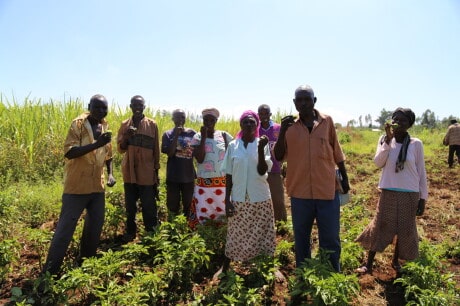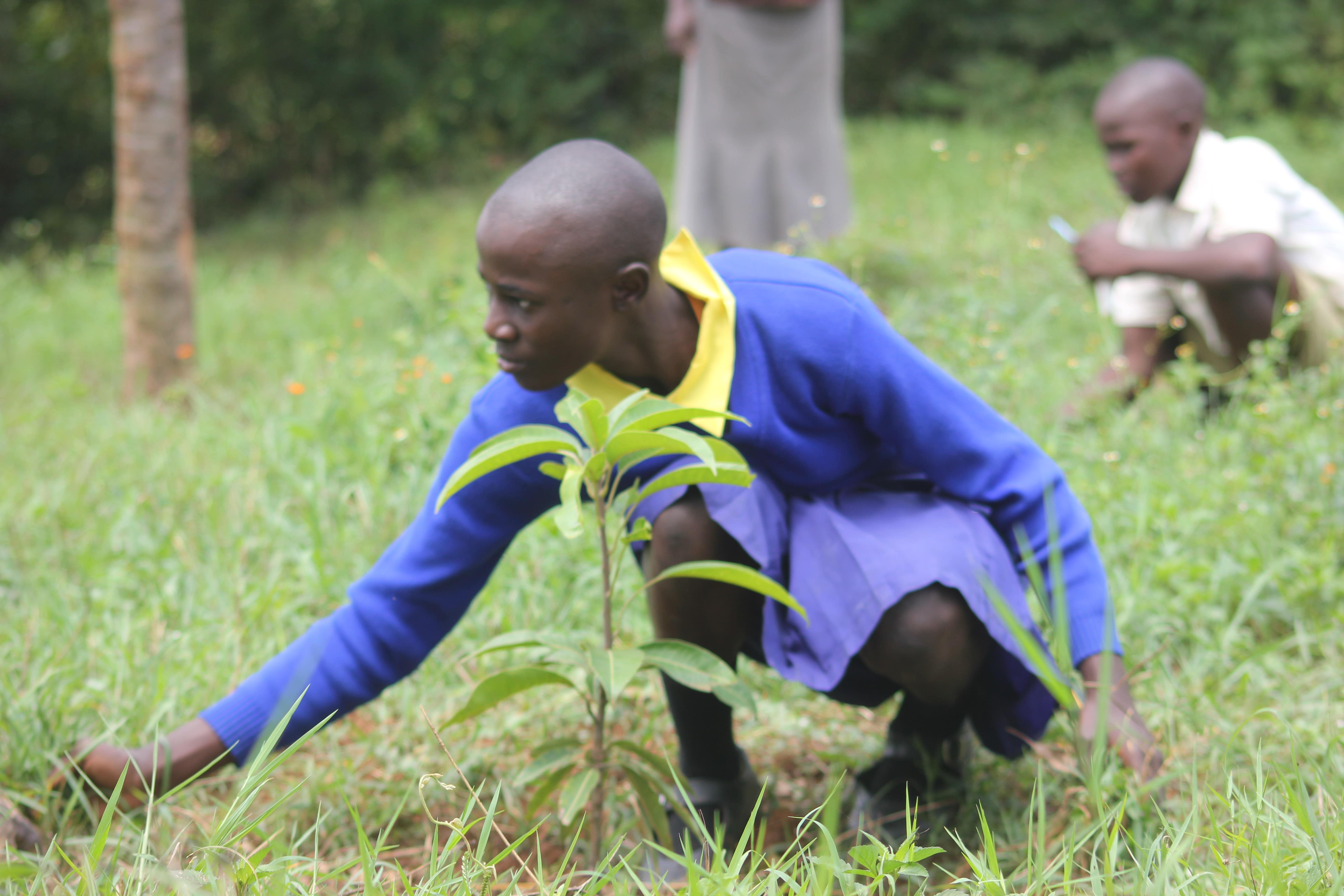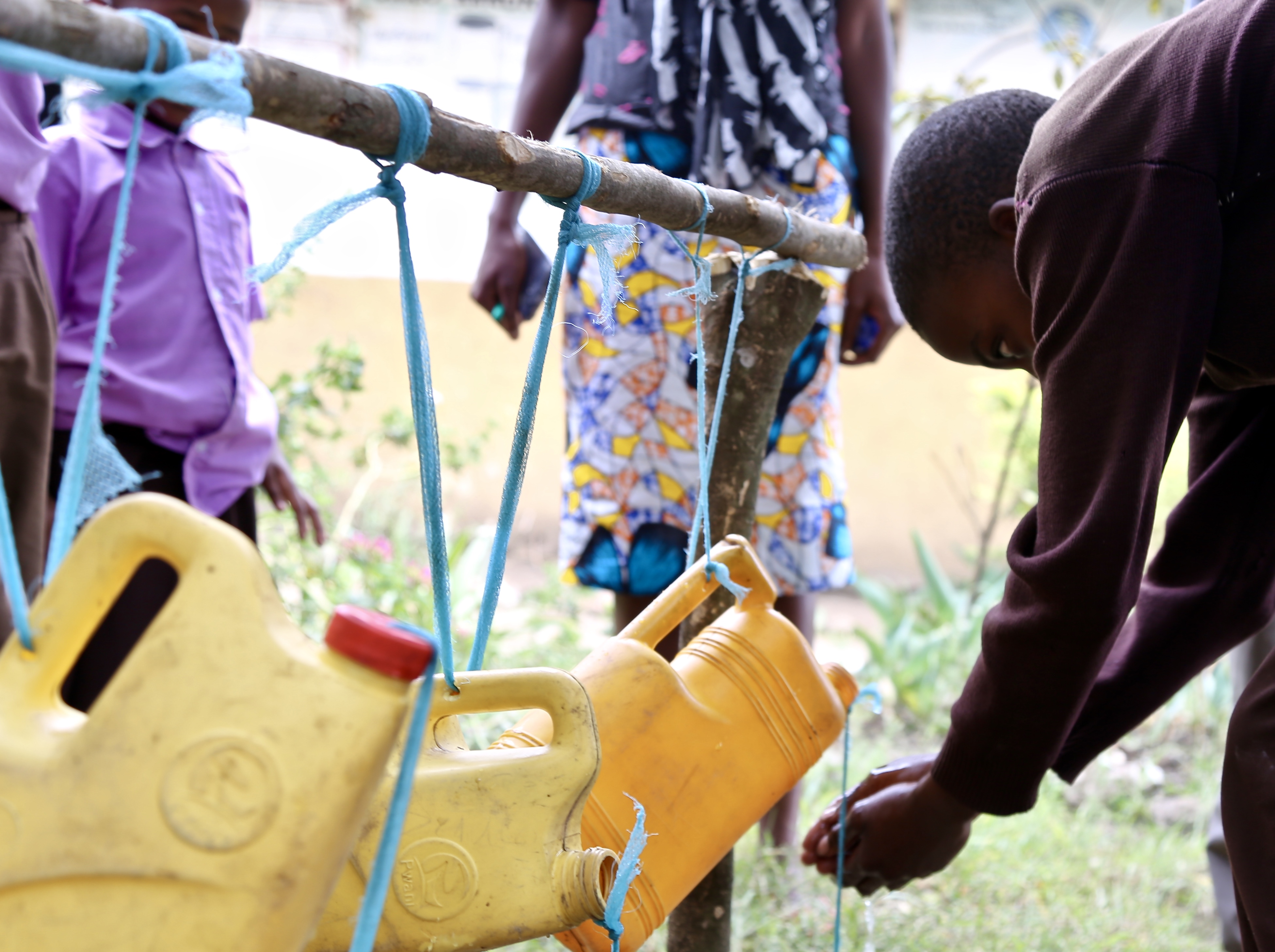Ace Africa Kenya has been supporting communities in Western Kenya over the past 15 years to improve access to sustainable livelihoods and nutrition, to help the poorest families. Since 2003 Ace has established 88,401 kitchen gardens, providing additional healthy meals for 433,435 children and their families. We have also established 500 interactive Child to Child Clubs to support vulnerable children to learn about their health, rights and nutrition and to gain key skills through small vegetable plots.

Across Kenya there are up to 14.5 million people who do not have access to regular and reliable sources of nutrition. In Siaya County, around 20% of the population fall into the category of being food insecure and often miss out on three healthy meals a day. Children are particularly affected by malnutrition, which can lead to stunted growth and development, and affect their ability to participate and learn well in school.
Over the past year, Ace Africa has partnered with two generous funders to introduce fruit trees in 30 primary schools across Siaya County. Working with teachers and students, the project has planted 2,000 fruit trees and educated 3,389 children on fruit tree management, nutrition, and food hygiene.

The trees grown are local varieties; mango, papaya and avocado, and are carefully selected as advanced and grafted seedlings to encourage rapid growth. Alongside the fruit trees, Ace’s project has also installed hand-made handwashing stations (‘leaky tins’) and educated children on the importance of good hygiene. Thank you to the Scott Bader Commonwealth Charity and The Peter Stebbings Memorial Charity for their generous support of this project.
These handwashing stations will be essential when children return to school in the coming months. While schools in Kenya are currently closed due to the Coronavirus outbreak, students may also continue to pass on important messages of good hygiene and nutrition at home. From previous experience, Ace has seen that one student educated through the Child to Child Club passes on their knowledge to up 5 family members.

This project will also contribute to long-term efforts to respond to the social and economic impact of Covid-19 on the most vulnerable families.
Over the past three months, Ace Africa has continued to deliver community development programmes where possible, whilst meeting government guidance and provided remote support to teachers to maintain fruit trees in schools.
Ace has also played a central role in Covid-19 rapid response activities in Arusha, Tanzania and is collaborating with the government and local NGO partners to support the response in Western Kenya. You can learn more about our current work and how to support us by clicking here.